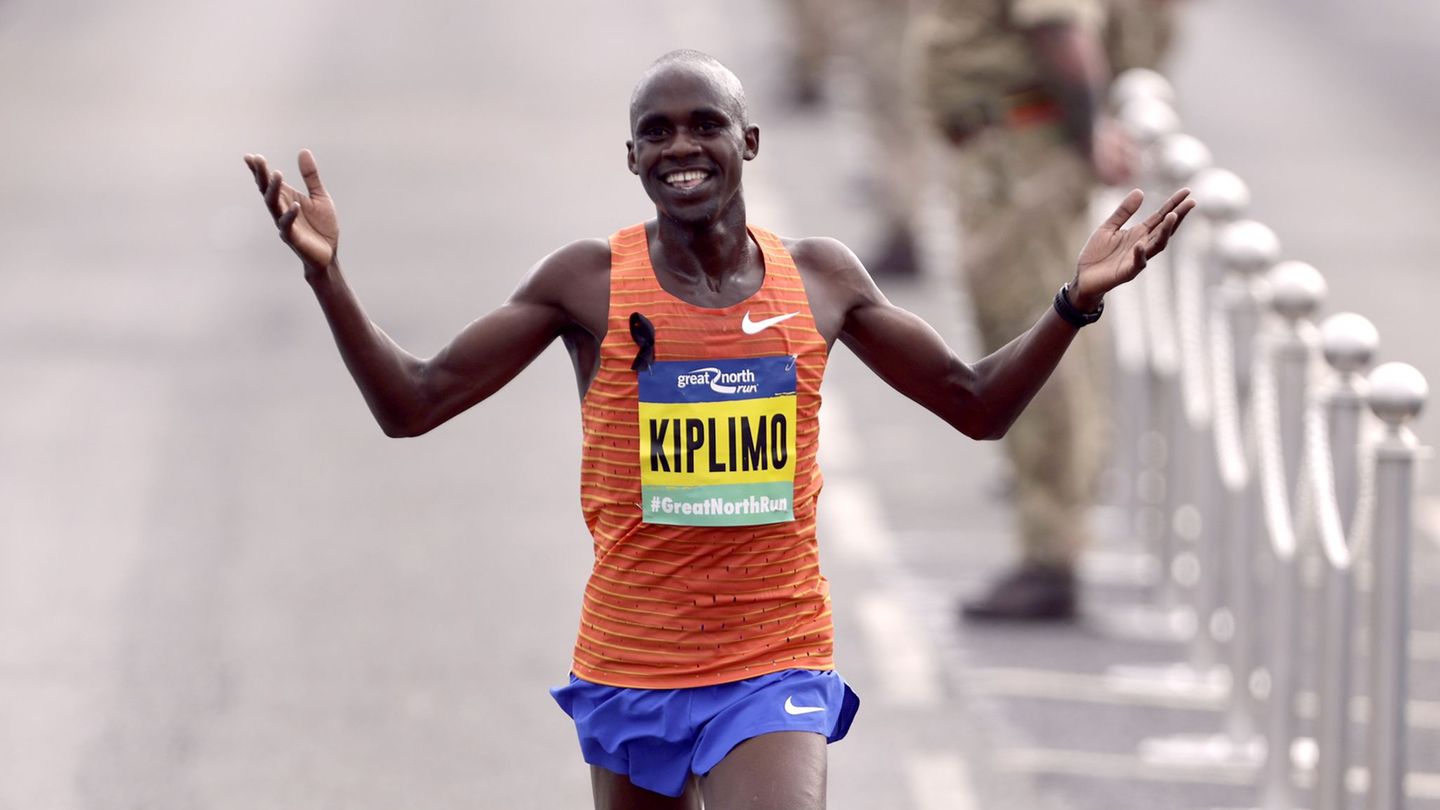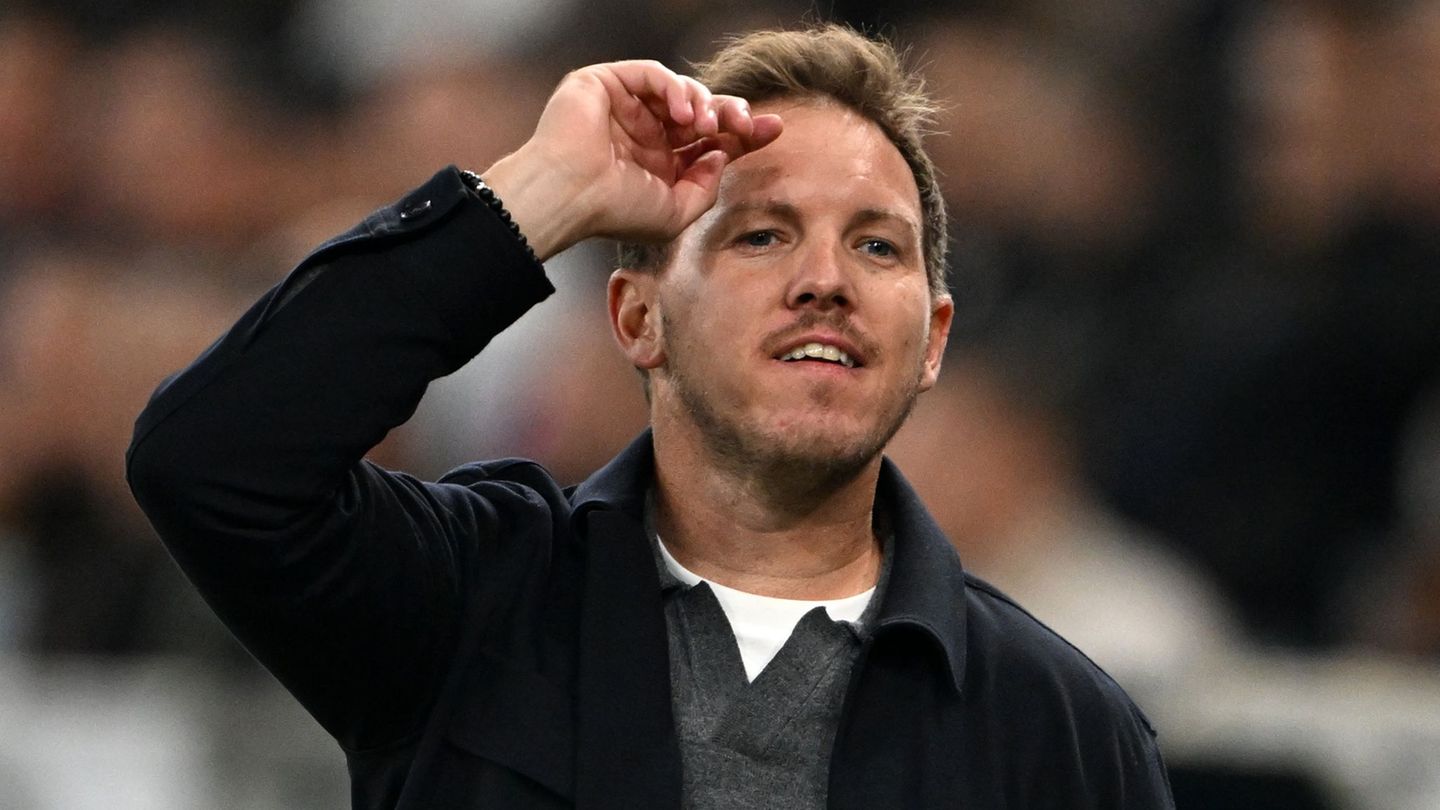With Bernd Hölzenbein, another hero of the German national football team, which became world champion in 1974, has passed away.
A little over a month after his 78th birthday, footballer Bernd Hölzenbein died on April 15th after a long, serious illness. With 160 goals, he not only entered the history books of King Football as a club icon for Eintracht Frankfurt – he was also instrumental in helping Germany win its second of four World Cup titles in 1974. Before Hölzenbein, the nation had to say goodbye to seven other heroes who won the World Cup trophy in their own country 50 years ago.
The coaching bench was the first to empty
Helmut Schön initially proved himself as assistant coach of the German national team for eight years before taking the helm himself in 1964 and ushering in an extremely successful era. His triumph was crowned ten years after taking office by winning the World Cup, before four years later he gave up the place for his long-time assistant coach – Jupp Derwall.
Helmut Schön was the first to leave us; he died on February 23, 1996 at the age of 80. His World Cup assistant coach and later successor, Jupp Derwall, was granted just as many years on earth – he also died on June 26, 2007 at the age of 80.
You shall be 22 friends
Our 1974 World Cup squad included a total of 22 players. Only one part of the team has so far been spared from deaths – Wolfgang Kleff (77), Norbert Nigbur (75) and Sepp “Katze von Anzing” Maier (80) – all three goalkeepers in the tournament squad are still alive.
The first farewell to the field players from 1974 was to Heinz “Flocke” Flohe, it was an incredibly tragic one. The 1. FC Köln midfielder was only 65 years old and died on June 15, 2013. However, he actually passed away much earlier – Flohe suffered a seizure in 2010 and was put into an artificial coma, from which he was up to After his death around three years later he would never wake up.
It took almost eight years before another World Cup star from 1974 died. Bayern legend Gerd Müller, the “bomber of the nation”, passed away on August 15, 2021 at the age of 75. His fate also took a tragic turn early on: Müller suffered from dementia due to Alzheimer’s disease, as his club Bayern Munich announced in 2015 and shortly before Müller’s 70th birthday. At the time of the announcement, the exceptional striker was already in a nursing home, where he died around five years later.
Less than a year later, on March 10, 2022, fellow striker Jürgen “Grabi” Grabowski died. He was 77 years old and also stormed alongside Bernd Hölzenbein away from the national team in the 1970s. Both were incredibly successful for the Hessians – Hölzenbein is currently the top scorer with 160 goals scored, while Grabowski is third on the all-time best list with 109.
The captain is not always the last to disembark
Due to his more than robust style of play, footballer Horst-Dieter Höttges earned the nickname “Iron Foot” throughout his life. On June 22, 2023, Höttges, who played an impressive 420 Bundesliga games for Werder Bremen, died at the age of 77.
Meanwhile, January 7, 2024 will probably be deeply remembered even by people who do not pay homage to the king of football. It’s only been a little over three months since the shining figure Franz Beckenbauer left us. The “Kaiser” led the team onto the field as captain in 1974 and led them to victory, and 16 years later, on July 8, 1990, he achieved this success again as national coach. Beckenbauer, who was in poor health in the years before his death, was 78 years old.
Source: Stern
I am an author and journalist who has worked in the entertainment industry for over a decade. I currently work as a news editor at a major news website, and my focus is on covering the latest trends in entertainment. I also write occasional pieces for other outlets, and have authored two books about the entertainment industry.




